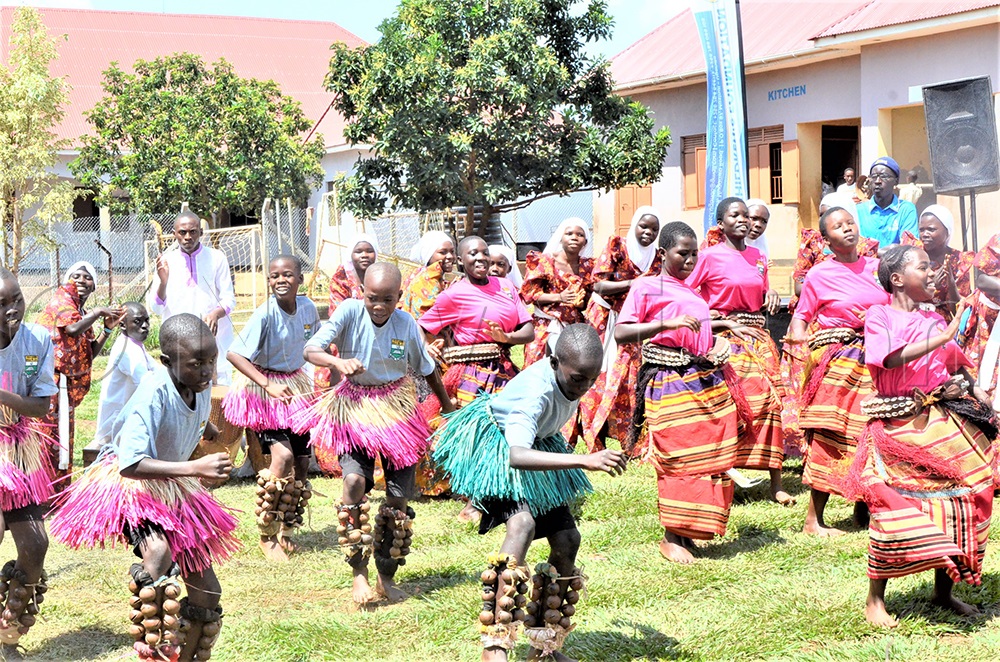Masindi, Kiryandongo leaders plot end to teenage pregnancy and defilement surge
Stakeholders said there is an urgent need to address issues driving the crisis, from gender-based violence (GBV) to poverty and cultural norms.
Solomon Mugisa, the regional Liaisons officer Albertine . (Credit: Yosam Gucwaki)
__________________
MASINDI - Leaders in the districts of Masindi and Kiryandongo say they are racing against a worsening crisis of teenage pregnancy, defilement, and early marriages, with alarming statistics revealing a steep rise in cases.
During the Midwestern Region Girls’ Summit on November 12, 2025, in Masindi, stakeholders emphasised the urgent need to address issues driving the crisis, including gender-based violence (GBV), poverty, and cultural norms.
The summit, themed: The Cost of Inaction to Address the Root Causes of Child Marriage and Teenage Pregnancy in Uganda, brought together probation officers, local leaders and advocates to confront stark realities. Kiryandongo’s senior probation officer, Carolyn Naweesa, stated that 3,950 teenagers sought antenatal care in 2024, with a surge to 2,267 cases from January to August 2025 alone. Defilement cases in the district hit 72 this year, with 35 involving child perpetrators, 12 of whom impregnated their peers.
Masindi probation officer Annette Karamagi reported 193 defilement cases in the 2024/25 fiscal year, citing a post-pandemic spike of 2,206 cases.
“We’re seeing girls impregnated by relatives, even parents,” she said, noting systemic failures in victim support due to underfunded justice systems.
Pupils of Kirasa Parmary school entertaining the guests. (Photo by Yosam Gucwaki)
Causes
Gender-based violence emerged as a critical driver. Wilfred Milton Kutegeka, an LCIII chairperson in Masindi, described daily GBV cases leading to child-headed households and school dropouts. “Poverty exacerbates domestic violence, pushing girls into risky situations,” he said.
Albertine North’s police liaison officer, Solomon Mugisa, urged community accountability: “Men must speak up—they too suffer in silence. Responsible parenting and poverty alleviation are non-negotiable.”
Musa Kyamiza, Masindi’s principal chief administrative officer, warned of a “wasted generation” if action stalls. He pledged to expand healthcare access and promote government poverty programs: “Parents can’t support their children without economic stability.”
Cultural and systemic barriers
Pirister Yotong of Buliisa highlighted harmful traditions and displacement linked to mineral exploration as barriers.
“Without solutions, maternal deaths, school dropouts, and crime will escalate,” she said. Rev. Canon Lydia Wamani, a Masindi diocese leader, condemned political interference in defilement cases: “Politicians must stop obstructing justice. Parents must engage in their children’s lives.”
The summit, organised by Girls Not Brides Uganda (GNBU), emphasised awareness campaigns and policy advocacy. Denis Kiirya of Shines Children Foundation stressed the need for cross-sectoral efforts: “Protecting girls requires collective action—from families to policymakers.”
As leaders plot solutions, the fate of future generations hinges on dismantling poverty, ending GBV, and challenging cultural norms. The clock is ticking.